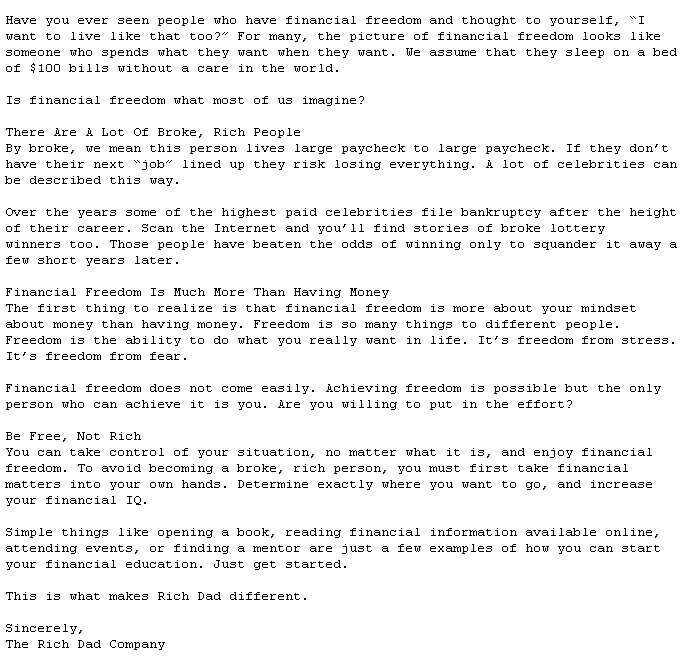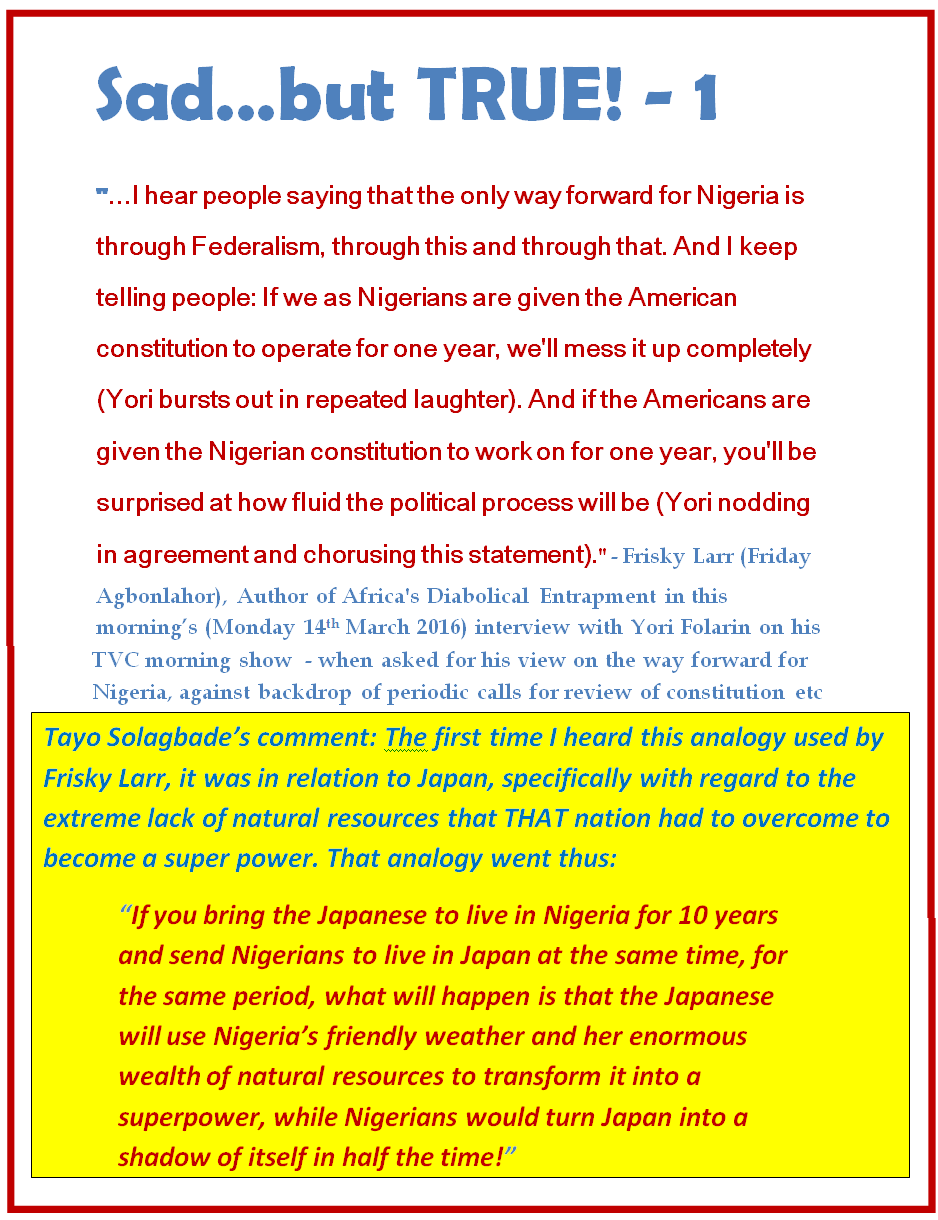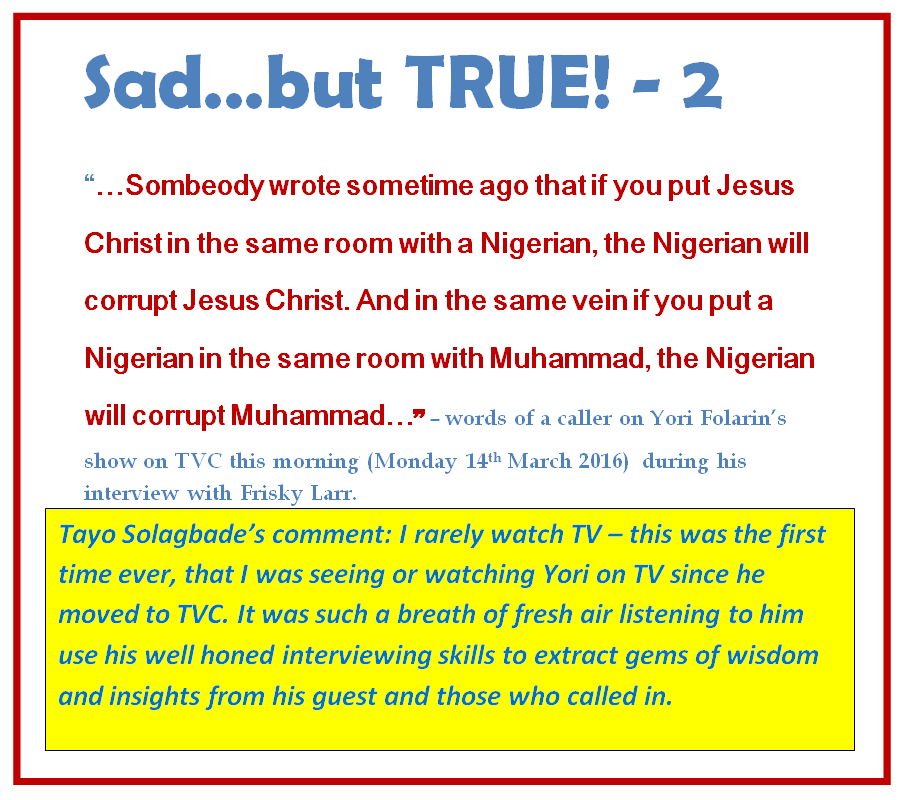“(The Church Records & Accounts Manager has) really helped me in the preparation of my monthly Accounts..(CB Solutions’ service is okay. The personnel is always on ground whenever you call him and solution to problem is (provided) without delay or alteration of data“- Adebisi Folayan Finance & Admin Manager, Anglican Church Of The Ascension, Opebi, Lagos.
“(The General Accounts Manager) has been a tremendous improvement in our weekly and monthly report.. my Medical Director expressed his happiness when he saw the report…Mr Tayo, I am impressed by your talent, you’re thorough in your job, sincere and friendly with your client. Keep it up.” – Rev. Mfon Inyang, Manager-Accounts, Med-In Specialist Hospital & pharmaceutical Company, Ogudu, Lagos.
“Preparation of staff salary has now been reduced from days to just two days. (The Payslip Generator) has helped me a lot…I really commend the CB Solutions* for (an) excellent job. It has solved my organisation’s accounting problem. More grease to your elbow.” – Adeniyi S. Elegbede, Accountant Motayo Hospital, Ikeja, Lagos.
The above are just a few examples of handwritten testimonials written in 2008 by some of my clients, after they had been using custom Excel-VB software I built for their organizations. Click here to learn more about the apps.
I made the very first sale of my Excel-VB software development service in 2004, to a consultant who hired me to build an app, branded in his company name, which he sold to an oil and gas service company.
Like I’ve said in past articles, the market for custom Excel-VB software was practically non-existent at the time I quit my job in 2002, to begin offering the service.
No one was even offering anything like Excel-VB consultancy, talk less of providing software development services.
I visited big name business and computer schools and found that despite offering what they called “Advanced” Excel Training, few of them offered anything resembling my On Demand 4 Day Excel-VB Programming Coaching Workshop. Actually the closest they came was “Introduction to the Macro Recorder”.
Up till today, over a decade later, NONE of them offer training for interested persons on commercial Excel-VB Software Development Services, like the one accessible via my One-On-One Coaching (or the pocket-friendly Excel-VB Annual Membership Club and Competition)
As I’ve noted in sharing details about the maiden edition of my FREE Monthly Excel-VB Workshop for club members, I stopped taking on client projects requiring me to work on client premises back in 2011.
This became necessary following a series of not-so-pleasant experiences of attempted abuse by some exploitative minded ones.
Instead I followed my long standing dream of working from home to earn 80% or more of my income.
When I initially took that decision, few people around me, that I told about my plans, felt it was a wise decision. In their view, I was trying to adopt a strategy used in foreign societies like the USA, in selling my products and services to Nigerians in Nigeria – a people and society unwilling to accept that approach.
I disagreed, and told them so – adding that my approach would be a modified version of what was being done in the USA and other developed markets.
You see, I understood the psychology of the people in my target market and knew what I needed to say/write and do, to make them buy from me, without seeing me.
However, the challenge of a lack of conducive working environment kept me from getting my plans up and running like I knew I really needed, if I was to achieve my goal.
From erratic power supply to hostile socioeconomic and political climate, so many negative forces conspired to repeatedly throw me off balance.
In late 2012, after I got a crazily inflated electricity bill for November 2012, from PHCN – the country’s power company – I knew I needed to change my environment, if I wanted to make any meaningful headway with my plans.
So, on 1 April 2013, I relocated to Cotonou, in what would eventually mark the beginning of a successful transition to a life I’d always dreamed about. Click here to read my very first blog post in that country, from my hotel room.
It took over 6 months of hard work but I made it happen. I had all I needed. 24 hour electricity, stable polity and socioeconomic circumstances.
My new life was characterized by my ability to rapidly build up a critical mass of response generating web marketing/business promotion content online, in a way that triggered a regular flow of sales leads and passive income to me, without my leaving home.
On the average, I worked round the clock – typically 19 hours on the average, creating and uploading new web marketing content online. Stopping only to take a meal, rest a bit and get right back to work.
I was setting up my products and services to get found and purchased even when I was asleep, based on principles advocated by Robert Kiyosaki.
To lean more about how what I did back then, and which I still do today, generates regular passive income for me, read my article titled How You Can Create Income Generating Assets Without Having a Job or ANY Money! (True Story).
Today, I enjoy a life of financial freedom – which goes beyond what some wrongly assume equates to being rich.
Robert Kiyosaki said his rich dad defined intelligence as the ability to make finer distinctions in life.
I imbibed that definition way back in 2000 when I first read his book (Rich Dad, Poor Dad) and over a decade later, his other books that I’ve read, plus countless email newsletters have convinced me that he practices what he preaches!
For instance in an email broadcast he sent out yesterday(see screen shot below), he noted that being rich does not mean the same thing as being financially free.
So many people do not get this. Robert points out that there are lots of rich, broke people. By this he refers to those who spend all they make such that they are often one “job” or payment away from losing all they have if they get nothing to replace all they spend.
In contrast, financially free people are those who have a mindset that enables them do anything they want in life, so that they are free from stress or fear or worries and other negative emotions.
To paraphrase Mr. Kiyosaki, Financial Freedom goes beyond just having money, to also being FREE to live your life the way you want it.
And that’s what I successfully began to do for myself when I resolved to stop going to work for clients and focused my energies on selling my market tested products and services to a global online audience of paying clients.
Since I began doing this, and especially within the last 3 years since I found my way to Benin Republic’s amazingly conducive environment, I’ve been able to live MORE like this than ever before.
Today, my new found status enables me to travel and stay ANYWHERE I want, for as long as I please, without worrying about my income or clients.
The above is what makes it possible for me to accurately describe myself as a Location Independent Multipreneur.
Virtually all I do to make money can be done remotely, using the web. As a result, I enjoy the freedom to spend time with those I care about, without experiencing any loss of income.
That is what it means to be financially free.
You do not need to be a money bag to start experiencing it. But adopting the recommended mind set WILL eventually make you RICH!











![Click to watch video - Teach Kids to Develop (& Monetize!) Market Relevant Abilities EARLY In Life [VIDEO DEMONSTRATION: After Watching Short DIY Video, 12 Year Old Builds Battery Powered Toy Power bike Using Sticks from Sweets as Frames, a Rotor from Damaged DVD as Engine, Plastic Coke Bottle Covers as Tyres & a Microphone Battery from his Mother's Church As Power Source]](http://tayosolagbade.com/sdnuggets/wp-content/uploads/2016/02/tips4parents.jpg)
